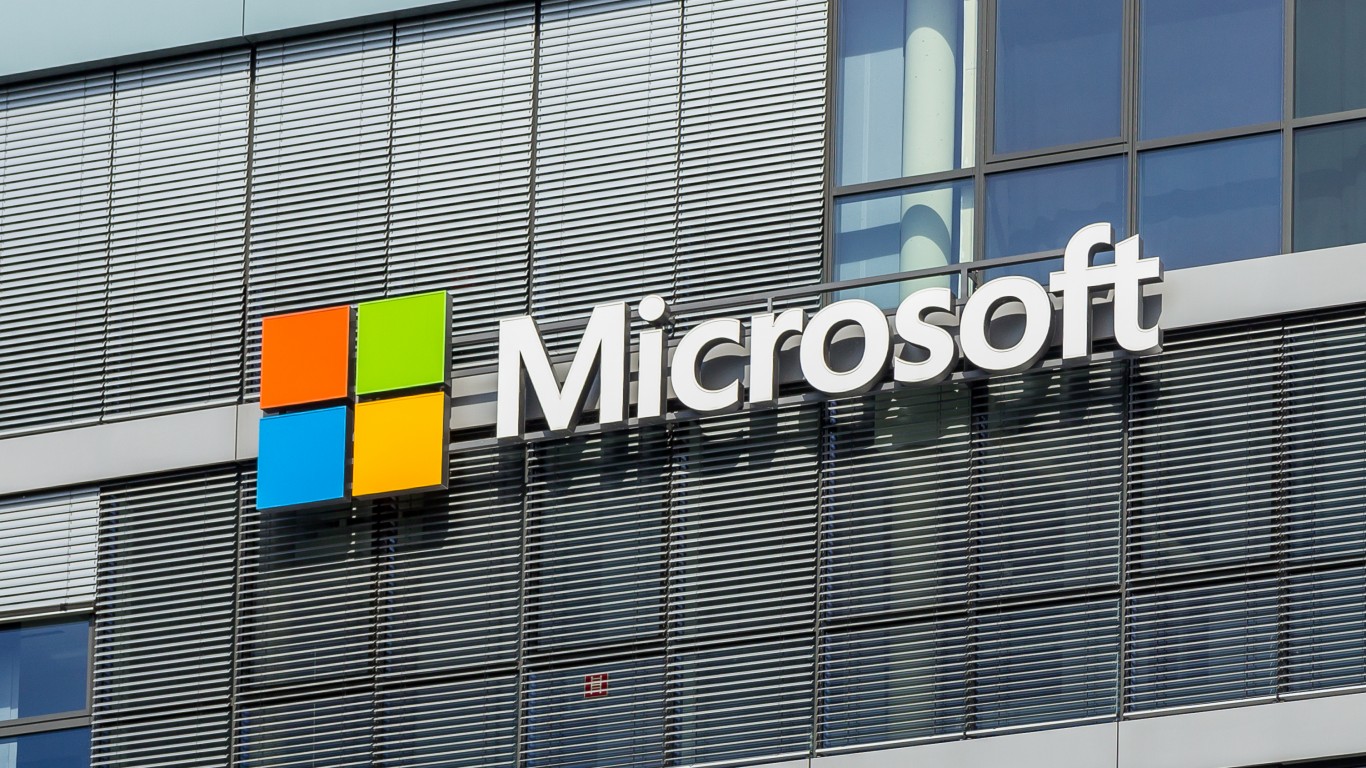Technology
Will the FTC Seek to Break Up Old Technology Mergers and Acquisitions?

Published:
Last Updated:

When mergers close, they are supposed to become ancient history. Companies make acquisitions and then they usually roll the entities and operations up into their corporate structure. That’s at least how things have operated for decades. The Federal Trade Commission has issued “special orders” to five large technology firms that will require the companies to provide information about prior acquisitions that were not reported to the antitrust agencies under the Hart-Scott-Rodino Act. In short, many smaller transactions that might have faced no review or limited review for antitrust and market dominance may come under the regulatory microscope years after they have closed.
The FTC’s special orders were sent to the following companies: Alphabet Inc. (NASDAQ: GOOGL), including Google; Amazon.com Inc. (NASDAQ: AMZN); Apple Inc. (NASDAQ: AAPL); Facebook Inc. (NASDAQ: FB); and Microsoft Corp. (NASDAQ: MSFT).
According to the FTC request, the firms must provide information and documents on the terms, scope, structure and purpose of past transactions. Where things might get dicey is that the period covers an entire decade. The FTC is seeking documents for acquisitions made by each company in deals that were consummated as far back as January 1, 2010, and as recently as December 31, 2019.
The FTC’s release further points out that these special orders will help the FTC, described as follows:
The orders will help the FTC deepen its understanding of large technology firms’ acquisition activity, including how these firms report their transactions to the federal antitrust agencies, and whether large tech companies are making potentially anticompetitive acquisitions of nascent or potential competitors that fall below HSR filing thresholds and therefore do not need to be reported to the antitrust agencies.
Whether past deals could or would be undone remains uncertain. The FTC report points out that these special orders will help the regulatory agency evaluate whether the federal agencies are “getting adequate notice of transactions that might harm competition” and is shown to help the FTC continue to keep tech markets open and competitive for the benefit of consumers. The FTC expanded on its focus as well:
The orders also require companies to provide information and documents on their corporate acquisition strategies, voting and board appointment agreements, agreements to hire key personnel from other companies, and post-employment covenants not to compete. Last, the orders ask for information related to post-acquisition product development and pricing, including whether and how acquired assets were integrated and how acquired data has been treated.
One issue that will come into focus for future acquisitions by big technology leaders is that the FTC is seeking to learn more about how small firms that are acquired perform after they become part of the large technology firms. The study is also said to help determine whether additional transactions should be subject to premerger notification requirements.
It would seem unlikely that the FTC special orders would result in any major “do-over” calls for past acquisitions that were made and that have been operating for years under these large technology giants. That said, it could have a significantly different influence over what companies and technologies will be allowed to be gobbled up into these five (and likely other technology leaders) ahead.
One last consideration is the ongoing threat against at least some of these companies that they could face future antitrust breakups that could force them to become smaller, more focused companies again rather than the broad “new conglomerate” structures that most of these companies have, if you review how many current and future products and services are under each group.
Some of the requests and efforts here already were expected. Still, it’s one thing for regulators to jawbone about mergers, and it’s an entirely different matter once they begin to formally request mountains of data and documents that can relitigate what had been considered finished business.
Most of the technology giants have made dozens of smaller acquisitions in recent years. These are just some of the more prominent mergers seen over the past decade, with approximate price tags and dates:
Thank you for reading! Have some feedback for us?
Contact the 24/7 Wall St. editorial team.